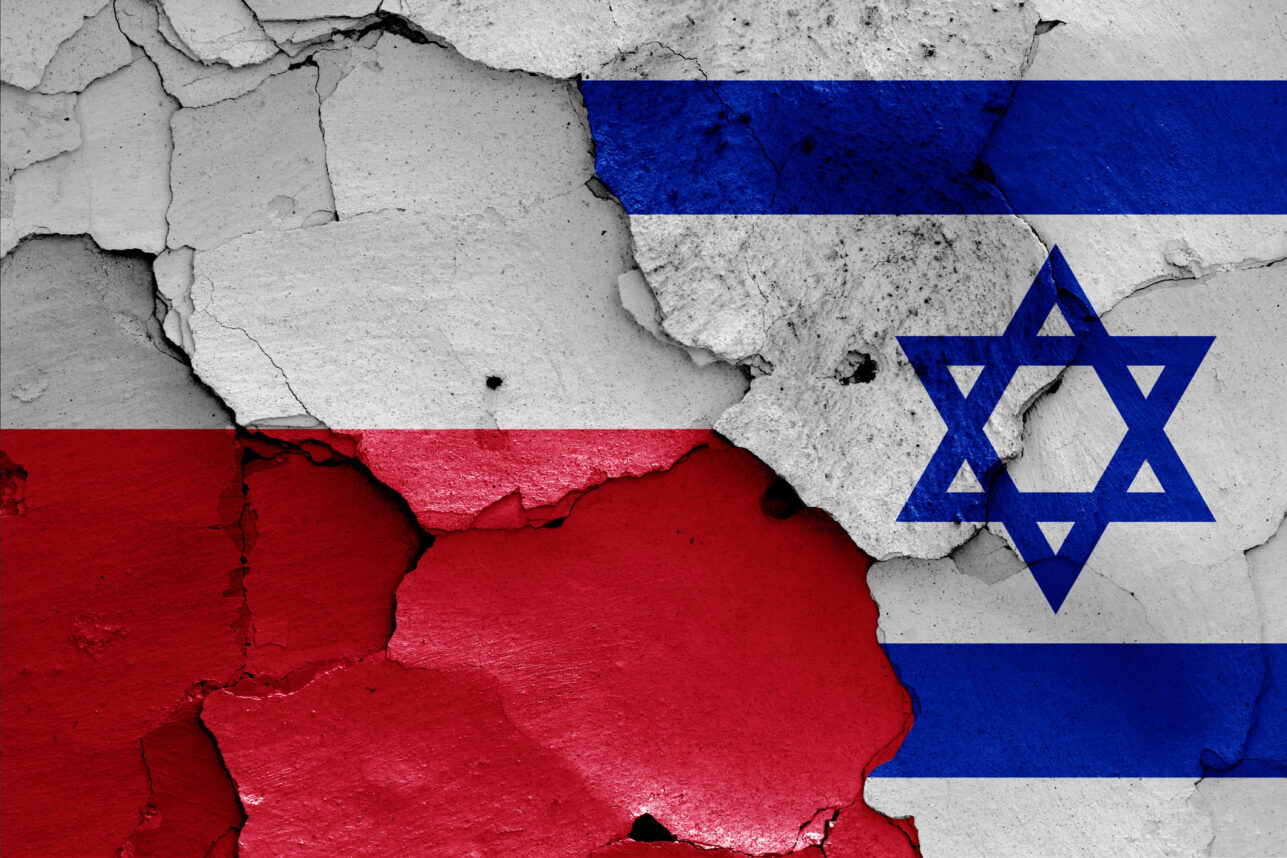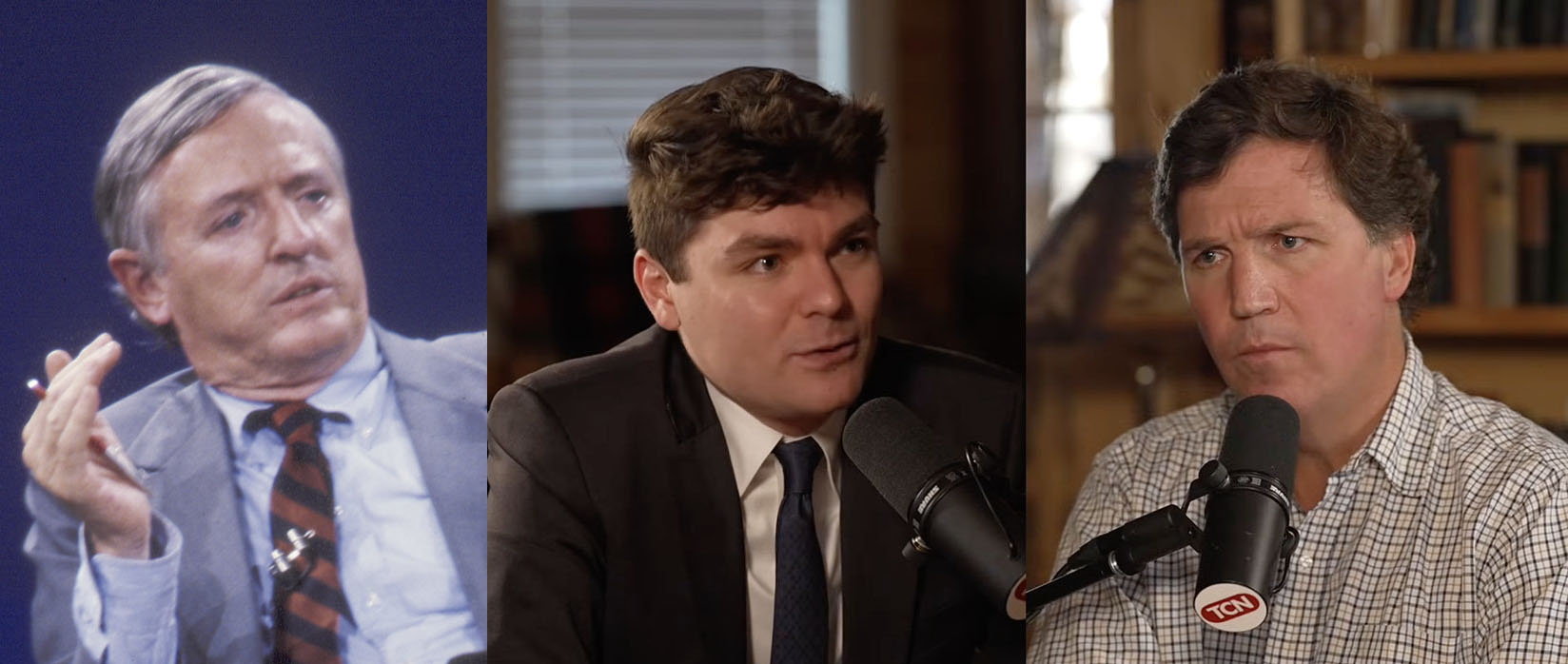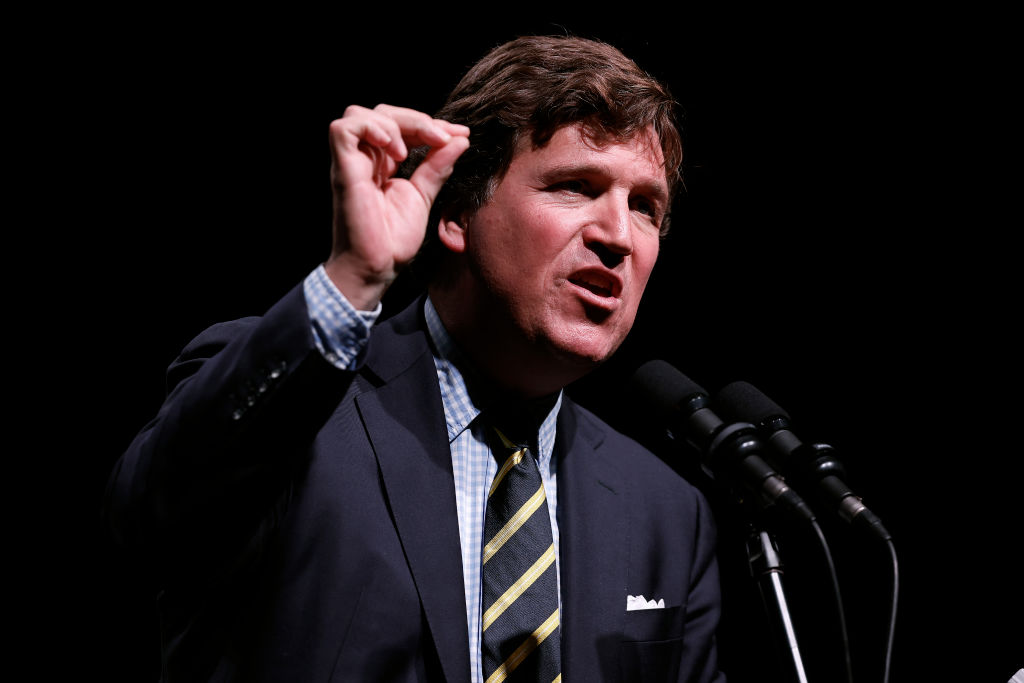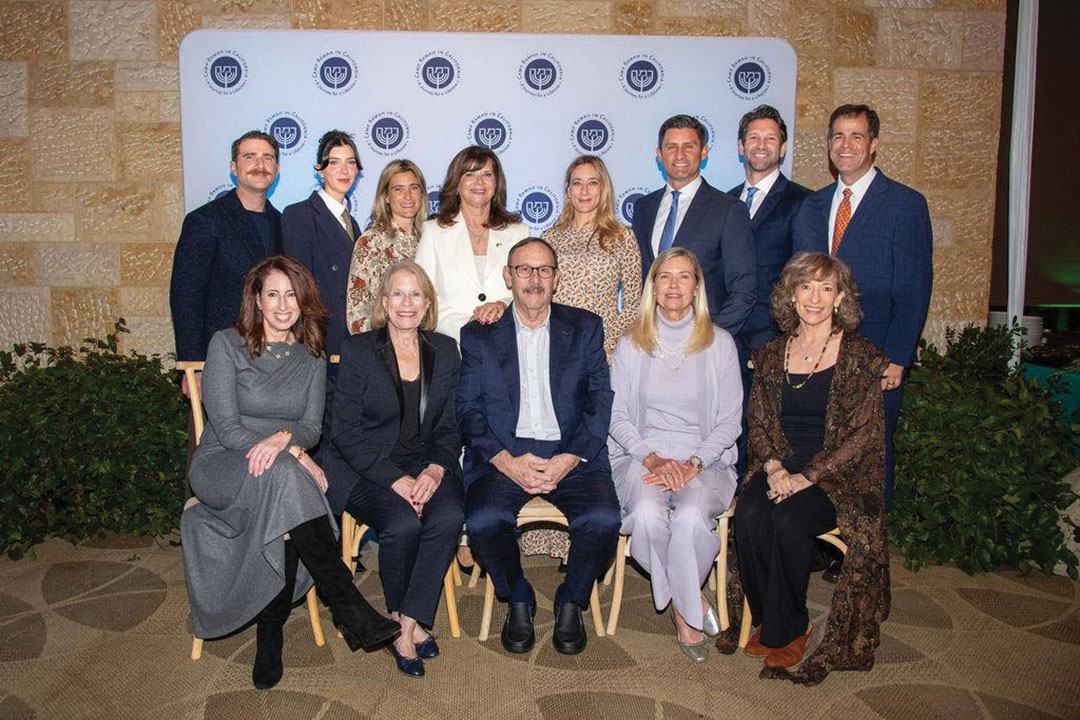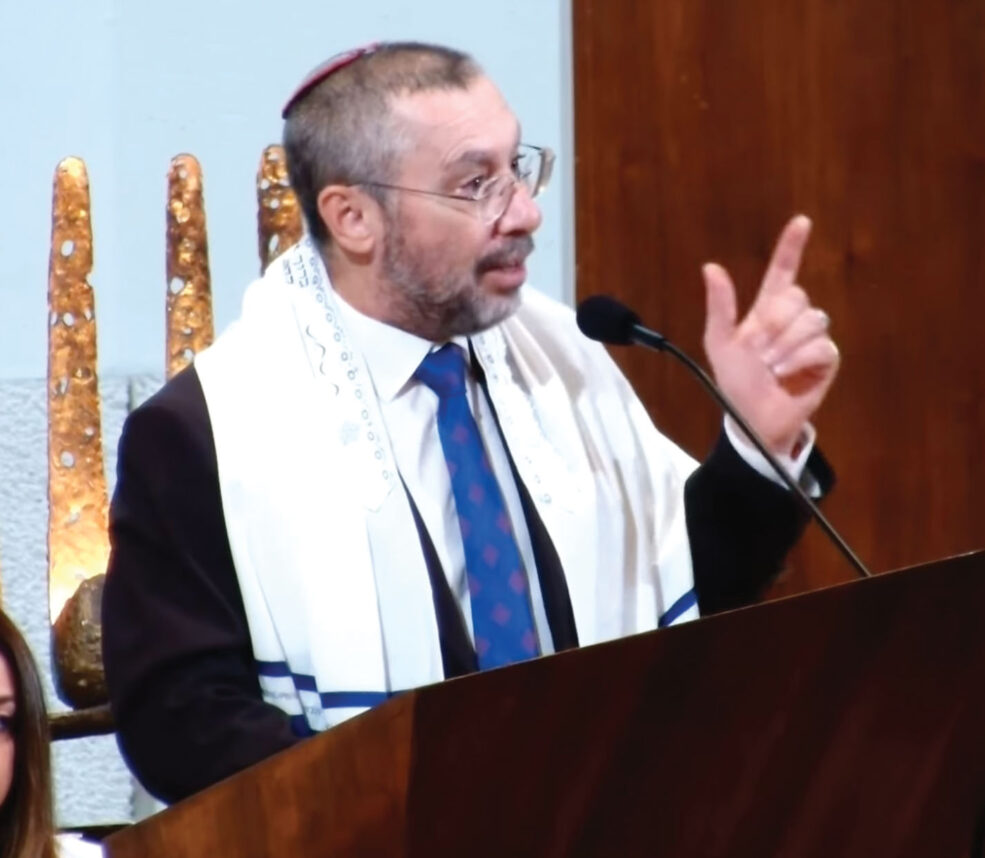“We share in the grief of humanity at the passing away of His Holiness
Pope Pius XII. In a generation affected by wars and discords, he
upheld the highest ideals of peace and compassion. When fearful
martyrdom came to our people in the decade of Nazi terror, the voice
of the Pope was raised for the victims. The life of our times was
enriched by a voice speaking out on the great moral truths above the
tumult of daily conflict. We mourn a great servant of peace.”
Israeli Foreign Minister Golda Meir, 1958
“Only the Church protested against the Hitlerian onslaught on liberty.
Up till then I had not been interested in the Church, but today I feel
a great admiration for the Church, which alone has had the courage to
struggle for spiritual truth and moral liberty.”
Albert Einstein, Time Magazine, 1940
———————
Last month the proposed canonization of the now-Venerable Pope Pius
XII met my “Rule of 5” criterion for inclusion in this blog. If an
issue does not directly involve both Mormons and Jews, at least five
Jews have to discuss it with me before it can be considered. In this
case, I also have a personal connection: my Catholic mother had a
priest baptize me as a baby, and I remained a nominal Catholic until
age 11, when I was baptized a Mormon. Theologically speaking, the
Catholic and Eastern Orthodox claims to represent Jesus’s original
church are the only other ones in Christendom that make sense to most
Mormons, and the Catholic bishops’ positions on many contemporary
social and moral issues are identical to ours. After reviewing both
sides of this controversy, it seems to me that there are two main
questions that should be addressed: 1) Did Pius XII fail to condemn
the Holocaust and other moral atrocities committed during WWII? 2) Is
it properly the business of non-Catholics to seek to influence the
canonization process?
Cardinal Eugenio Pacelli became Pope Pius XII in March of 1939,
following the death of Pius XI on the eve of WWII. No one disputes
that he was a fierce opponent of Communism and an advocate of peace
and reconciliation after the war. However, some Jews have denounced
his professed neutrality during the war (mirroring Benedict XV’s neutrality during WWI) and his alleged role in
refusing to return baptized Jewish orphans to Jewish organizations
after the war. Others have gone so far as to urge the Vatican to halt
his 45-year canonization process until the wartime Vatican Archives
and baptismal records can be thoroughly examined. Supporters of the
pope point to his 1,000 recorded addresses and 41 published
encyclicals, in addition to the authoritative 12-volume collection of
official Vatican wartime documents and archives of Pius’s pontificate
that have recently been released.
Whatever faults Pius may have had, moral cowardice does not seem to
have been one of them. A former nuncio to Germany, he left the country
in 1929 and never returned. Between 1933 and 1939, then-Cardinal
Pacelli issued 55 protests of violations of the special agreement that
the Church had signed with the Nazi government to guarantee its rights in Germany (the Reichskonkordat is still in force today). His was the guiding
hand behind Pius XI’s 1937 encyclical Mit Brennender Sorge (“With
Burning Anxiety”), written in German instead of the customary Latin.
Read from every Catholic pulpit in Germany on Palm Sunday, it
condemned racism, Nazi ideology, and the rejection of the Old
Testament (“Nothing but ignorance and pride could blind one to the
treasures hoarded in the Old Testament”), inter alia. Swift Nazi
retaliation included Gestapo visits to every diocese, the closure of
every publishing company that had printed the encyclical, the
prohibition of Catholic flags at religious ceremonies and the staging
of immorality trials of priests.
A few weeks after the Russo-German partition of Poland in 1939, the new pope
issued his first encyclical, Summi Pontificatus, in which he publicly
condemned the invasion and ocupation of Poland. Thousands of Polish
monks and priests were subsequently murdered, and millions of Polish
Catholics were killed or displaced by the Germans. Pius was also the
negotiator between Britain and some German generals seeking to
overthrow Hitler and make peace in 1940. Most famously, 80% of Rome’s
Jews were sheltered by Church institutions during the Nazi roundup of
Jews in the city. All sources agree that Pope Pius XII and the
Catholic Church were responsible for saving more Jews from Nazi
persecution (as many as 860,000) than any other person or institution.
As for the issue of Jewish orphans who were baptized to save them from
the Nazis, there is only one recorded instance where the Pope
personally intervened in a case. A devout Polish Catholic woman sought
to keep a Jewish child whom she had sheltered during the war, and
wrote to the Vatican for advice. The Pope’s answer? It was her duty as
a Catholic to return the child to a Jewish organization.
Given the nasty things that I had heard in passing about Pius, I half
expected my research to unearth accounts of the Pope and Hitler
sipping wine in Berlin. Instead, what I found was a conflicted man who
clearly hated the Nazis and had taken public stands against evil, yet
wanted to preserve his church and flock at a time when the outcome of
the war could not have been known with certainty. As many a politician
has said, where you stand depends on where you sit. It’s very easy for
armchair historians of today to criticize Pius for failing to slam
Nazis and Fascists at every turn. In my opinion, it’s not at
all clear that any of us, in the wake of the intense persecution of
Catholics in Germany and Poland following such denunciations, would
have acted differently if we had sat on St. Peter’s Throne. We have all seen contemporary Jewish leaders
wrestle with the question—nearly a century later—of whether to publicly acknowledge the Armenian Genocide
and identify the Ottoman Empire as its perpetrator. The reason for their reluctance, of course, is their desire to protect Israel,
whose only Middle Eastern military ally is (or was) Turkey. I’m not pointing fingers here: while I’d like to think that
I would issue statements denouncing the Ottoman-led Genocide if I were a senior Jewish leader, the reality is that I would probably think
twice—and thrice—before doing so if I knew that those statements would adversely affect people whom I love and lead.
More credible to me than the opinions of modern critics are the beliefs of
Pius’s contemporaries, who presumably were much more aware of the
constraints that religious leaders operated under during the war. As
noted above, Israel’s Foreign Minister lauded him with praise upon his
death in the name of a country that had risen from the ashes of the
Holocaust. After the war, Rome’s chief rabbi converted to Catholicism
and adopted the name of Eugenio in honor of the Pope. Serious
criticism of Pius only began to be aired a generation after the war
following the staging of the anti-Pius play “The Deputy” in 1963 (the
playwright, Rolf Hochhuth, is a noted friend and defender of Holocaust
denier David Irving).
As for the canonization process, all that is needed now is for two
miracles to be attributed to Pius: one in order for him to be
beatified, and one for him to be canonized. The decades-long review of
his life by the Vatican’s Congregation for the Causes of Saints
concluded that Pius led a life that exemplified Catholic virtues,
leading to his veneration by Pope Benedict XVI last year. It is safe
to assume that the Congregation took into account the late pope’s
reforms in canon law and liturgy, along with his infallible
pronouncement in 1950 of the Assumption of Mary to heaven. Moreover,
the record shows that Pius’s relations with Jews were scrutinized as
well: between 1967 and 1974, 98 witnesses who knew the pope personally
were asked to give sworn testimony to the Congregation. No fewer than
42 (including 5 cardinals) spoke of the pope’s concern for Jews. At
this stage of the canonization process, no more testimony is needed,
only miracles.
Of course, people have a right to think whatever they wish about Pius
and his wartime actions (or inaction). If some leaders and historians
think that he exhibited moral failings during the war, they’re welcome
to publicize their opinions. However, I don’t quite understand why
they would seek to delay or defeat the proposed canonization of a
pope. If Pius were being considered for a posthumous Nobel Prize,
their opposition would be understandable. In this case, a church is
trying to determine through a centuries-old process whether God has
already made one of its former leaders a saint, with the corresponding
power to intercede for the faithful before Him. According to Catholic
belief, God isn’t waiting for the current pope’s formal declaration of
sainthood: He’s already made up His mind. While Jews are welcome to
come to their own conclusions concerning Pius and to establish a
consensus “Jewish view” of his papacy once all of the archival
documents are examined, I don’t think that they should try to impose
that view, whatever it may be, on the Catholic Church. It’s not a secret that
Jews don’t believe in saints and won’t pray to them. Neither will I.
But if devout Catholics do pray to Pius expecting miracles, I hope they
get them. At least two, anyway.











